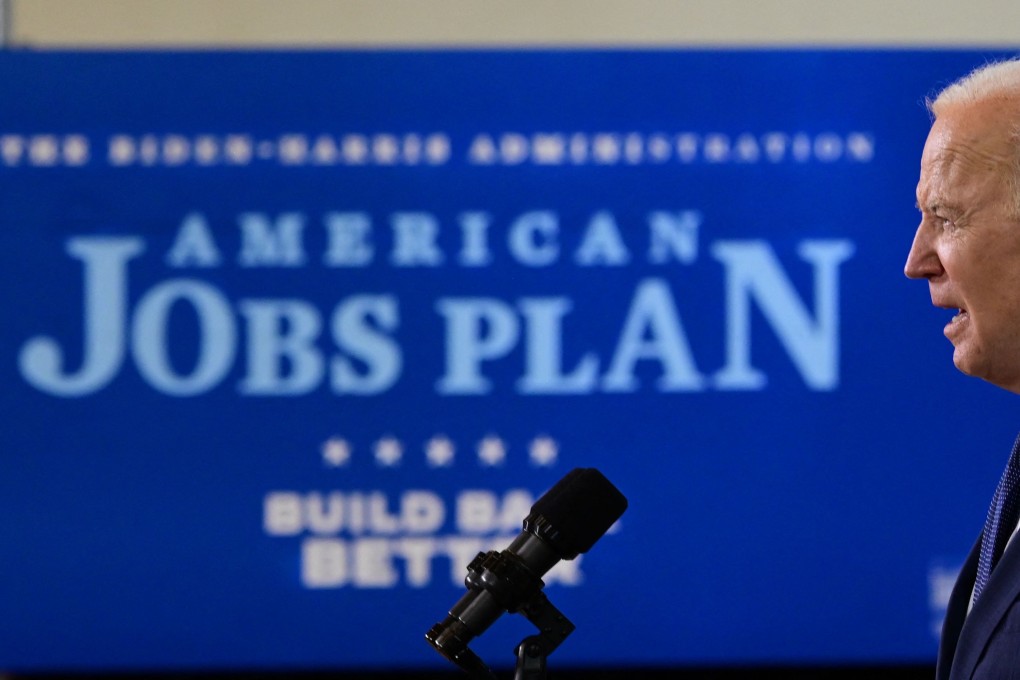Why Biden is right to depart from decades-old Western economic orthodoxy
- The ideas dominant since the 1980s produced highly financialised, unequal and unstable economies
- The Biden administration has launched an overdue economic transformation. The point is not to create the next ossified orthodoxy, but to learn to adapt policies

Neoliberalism is dead. Or perhaps it remains very much alive. Pundits have been calling it both ways these days. But either way, it is hard to deny that something new is afoot in the world of economic policy.
All of these policy changes represent a sharp departure from the conventional wisdom in Washington. Do they also augur a new economic policy paradigm?
Economic policies in the US, and the West more broadly, have long been in need of overhaul. The ideas dominant since the 1980s – variously called the Washington Consensus, market fundamentalism or neoliberalism – originally gained traction because of the perceived failures of Keynesianism and excessive government regulation.

02:26
Demand for free food rises in US as nation’s Covid-19 pandemic crisis deepens

